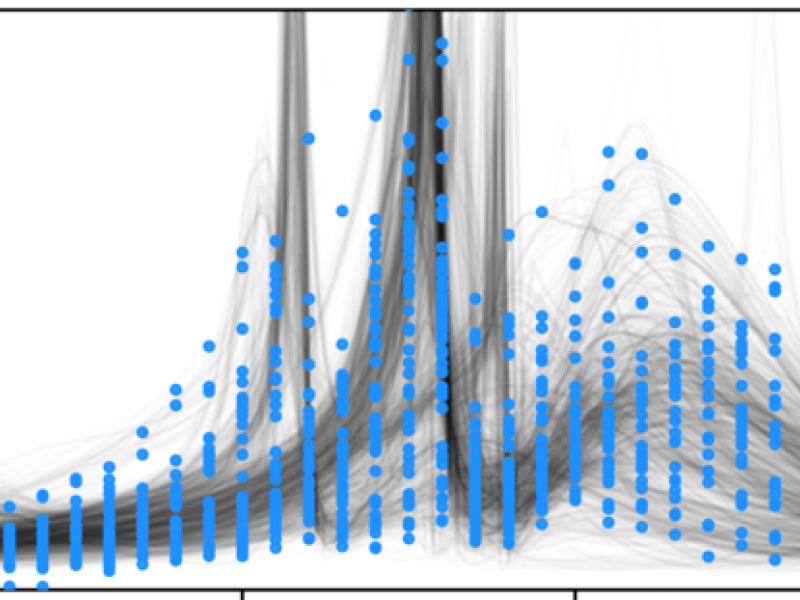One of the main goals of mathematical modeling related to medical applications is to obtain patient-specific parametrizations and model predictions. In clinical practice, however, the number of available measurements for single patients is usually limited due to time and cost restrictions. This hampers the process of making patient-specific predictions about the outcome of a treatment. On the other hand, data are often available for many patients, in particular if extensive clinical studies have been performed. Empirical Bayes methods can provide a solution to this controversy. Instead of applying Bayes’ rule to each measurement separately, these methods usually boil down to combining all measurements in order to construct an informative prior as a first step and then using this prior for the Bayesian inference of the individual parametrizations in a second step.
